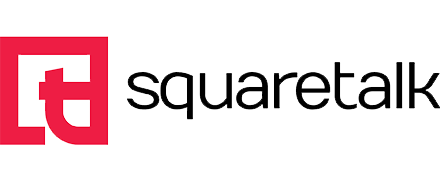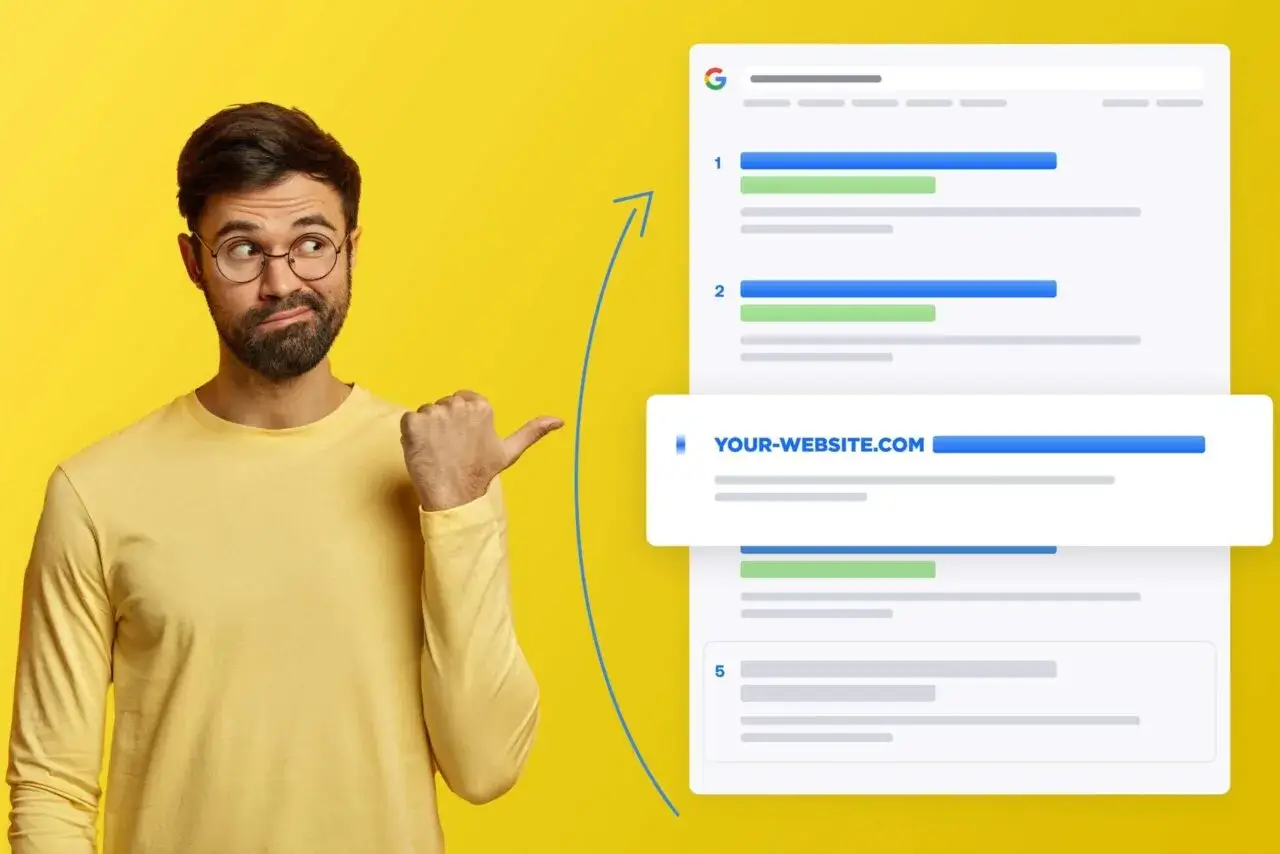Meet RANKSTAR
Elevate your Brand with SEO & Google Autosuggest.
Boost your visibility on Google (and Bing) with our unique service.
We’re the only company offering this innovative SEO & Google Autosuggest solution.
Your Brand in Google Autosuggest Next to All your Best keywords.
- Fast and Guaranteed Results
- 3x to 5x more affordable than Google Ads / FB & Insta Ads
- Works on both Google and Bing
- Tracking Dashboard included
- Select the country and language of your choice
- Positive Synergies with SEO
- Exclusivity: Only one brand per keyword.
LLM Spotlight™ – Be the Brand AI Chatbots Recommend.
Every day, millions ask ChatGPT and other AI tools for advice.
“What’s the best plumbing service in Los Angeles?”
→ We make sure the answer is: [your brand]
Rankstar helps your business get mentioned by ChatGPT, Claude, Gemini, Perplexity, Grok, Deepseek, and more… Whenever users search for top solutions in your niche.
Be the choice AI suggests, and watch leads and sales come to you.
Our clients
Trusted by 300+ companies worldwide




















Our Mission
We place your website in front of your dream customers
Get in front of prospects who are already searching for what you sell.
When was the last time you clicked past page 1 on Google?
Like most, you probably stop at the top 5 results.
Without SEO, you miss big sales and lead opportunities.
That's where our team of SEO Jedi comes in to grow your rankings and sales.
services
Our expertise
Rankstar delivers custom strategies to boost your traffic and lower acquisition costs.
Our passionate SEO consultants tailor plans to your industry and goals, relying on data to optimize performance.
Because every client is unique, we adjust our approach based on your specific goals.
Case studies
Our case studies
Since 2018, we’ve helped over 300 companies with their digital acquisition strategies. Whatever the issues you face, we have the solutions you need.
Nutri&Co
Scaling Supplement Visibility: How Nutri&Co...
Zulupack
Scaling Backpack Ecom Brand: How Zulupack...
Satisfaction Group
Scaling TV Production: How Satisfaction Group...
Nuvei
Scaling Payment Solutions: How Nuvei Boosted...
Mademoiselle Culotte
Scaling an Ecommerce Brand: How Mademoiselle...
Ratepunk
Scaling Travel Deals: How Ratepunk Boosted...
INH Hair
Scaling Ecommerce Hair Extension Brand: How INH...
Glamnetic
Scaling Nails Beauty Ecommerce: How Glamnetic...
Pulsetto
Scaling Vagus Nerve Stimulation: How Pulsetto...
Garnier Thiebaut
Scaling Luxury Linens Ecommerce Brand: How...
ForYouth
Scaling Anti-Aging Ecommerce Brand: How...
eMenu International
Scaling Digital Menus: How eMenu International...
Embrace Age Prepared
Scaling Senior Care Advisory: How Embrace Age...
Cryptnox
Scaling Crypto Hardware Wallet Brand: How...
Law Firm: Coursange Avocats
Scaling Law Firm: How Coursange Avocats Tripled...
ProxyEmpire
Scaling Proxy Solutions: How ProxyEmpire 2X...
Quitine
Scaling Quit Smoking Solutions: How Quitine...
Subminimal
How Subminimal 4.5X Coffee Equipment Sales in 6...
Shop LC Jewelry
Scaling Online Retail: How Shop LC Increased SEO...
Origine CBD
Scaling CBD Wellness: How Origine CBD Tripled...
Honeydew Sleep
Scaling Ecommerce Sleep Solutions: How Honeydew...
BabbleRoo
Scaling Ecommerce Baby Gear: How Babbleroo...
Hyaluronic Filler Market
Hyaluronic Filler Market, a leading online...
Smartico
Scaling iGaming CRM for Casinos: How Smartico...
Kia Motors
Scaling Automotive Visibility: How Kia Motors...
Chez Switch
Scaling Telecom & Energy: How Chez Switch...
Philippine Airlines
Scaling Airline Connectivity: How Philippine...
Our Team
Meet our Leadership team
What makes Rankstar stand out is our unique company culture, which is fundamental to our success. We value rigor, trust, ambition, and authenticity.

Thomas Kraska
Founder & CEO

Phuong Pham
Group CFO

Axel Zimmer
SEO Director

Laura Pîntea
SEO Client Success Manager

Loïc Le Ménager
Business Dev

Kevin Avraham
Group COO
300ClientsFrom start-ups to major groups across every industy. |
|
30ConsultantsOur team is genuinely passionate about SEO and acquisition stategies. |
6LanguagesOur in-house teams speak 6 languages, allowing us to cover every continent. |
Work with us
How to start working with us ?
Contact us































